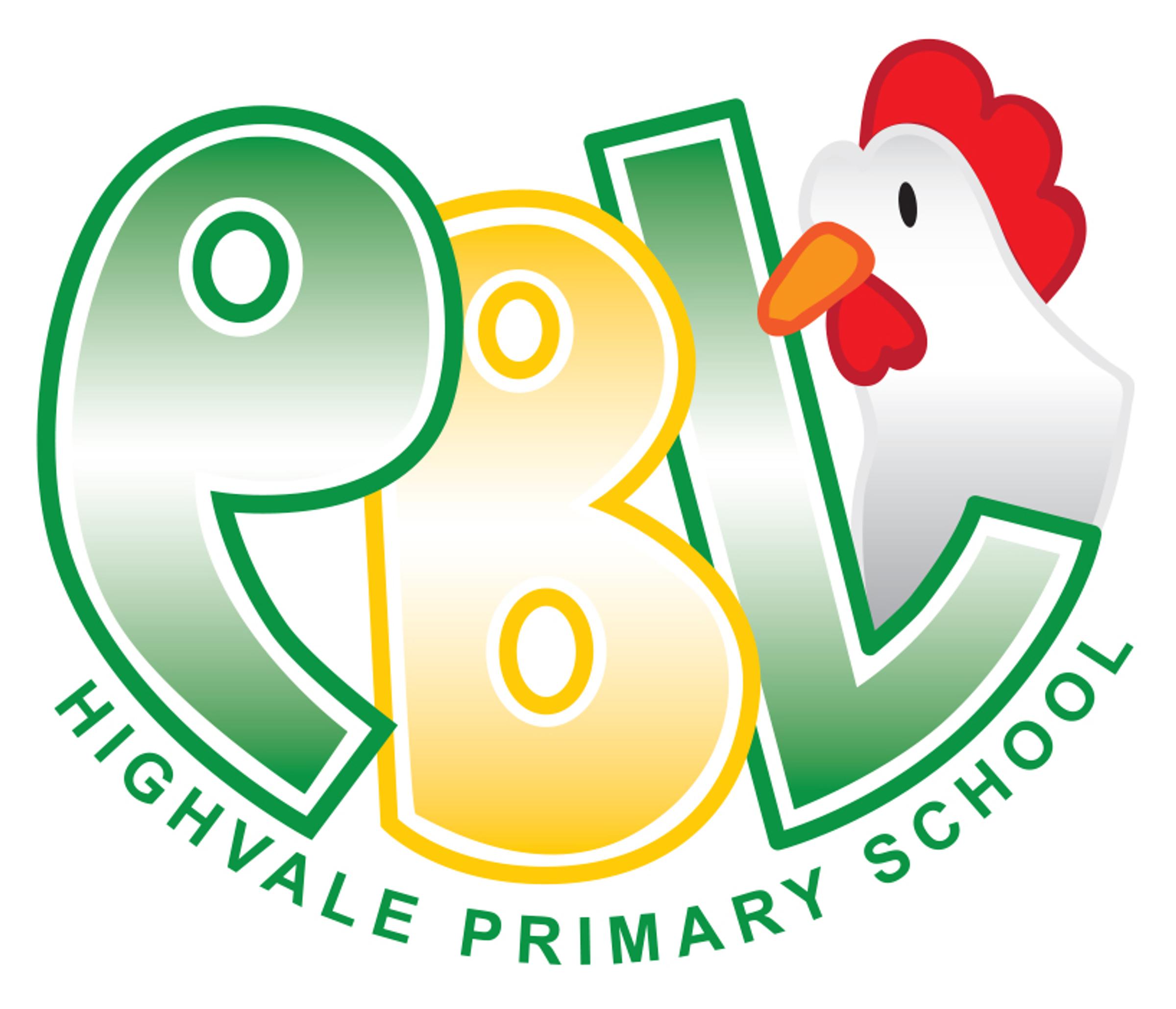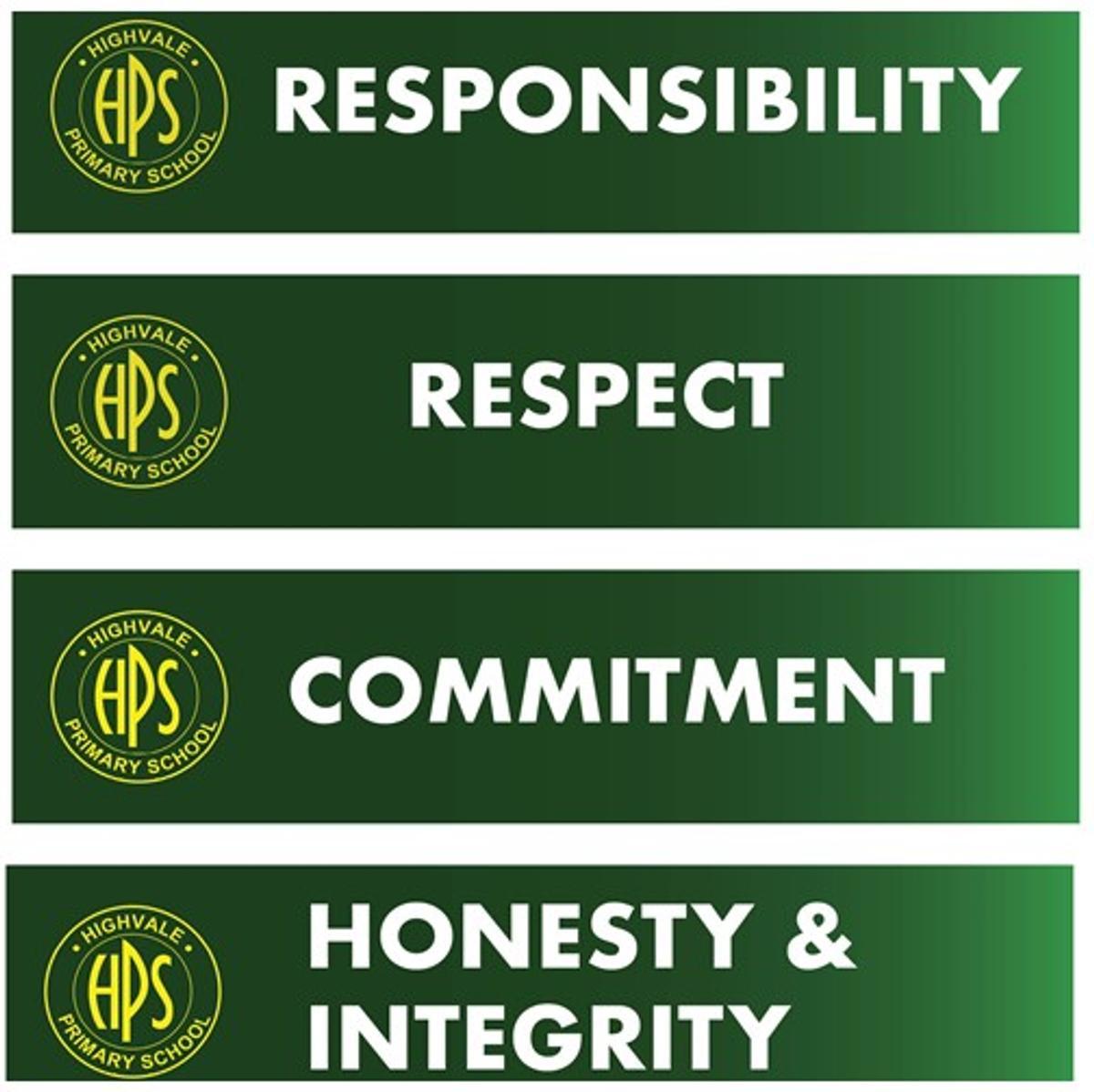Engagement & Wellbeing
Thursday 2 November

Engagement & Wellbeing
Thursday 2 November
“In a world where you can be anything, be kind”


National Kindness Day
“Say ‘please’.”
“Give Johnny a turn with the ball.”
“Go say sorry to Mia right now!”
“What’s the magic word?”
“Now say ‘Thank you, Miss Kelly’.”
We want to raise our children to be kind, compassionate, and thoughtful. But if you’ve ever been on the receiving end of a scripted apology or a forced ‘thank you’, you know that having kids parrot back polite words doesn’t quite cut it. If we want to raise children who are genuinely kind, we need to realise that micromanaging our kids’ interactions isn’t the right way to encourage moral behaviour. Instead, we need to take a holistic approach: one that encourages discussion, role modelling, and highlighting opportunities for kindness.
As Mr Rogers taught, “Like many other values our children get from us, compassion is more likely to be caught than taught.”
Please and thank you
Politeness and compassion are different, though related, aspects of a bigger personality trait called ‘agreeableness’. Politeness refers to being respectful, having good manners, and abiding by the rules of society. It’s definitely something we want to encourage in our kids, but if we want them to internalise politeness, we need to go beyond just reminding them to say “please” and “thank you”.
Discuss and reflect on moments when you noticed your child speaking politely. It doesn’t need to be a big deal, just simply observe what you saw. “I noticed you saying please when you wanted your sister to share her snacks. I wonder if speaking to her so politely helped her want to share.”
Role model politeness, especially to people who are serving you – such as retail staff and waiters.
Highlight opportunities by reminding them well in advance to speak politely. For example, if it’s your child’s first time buying something at the shop or booking their own doctors’ appointment, you can role play what to say, which includes saying “please” and “thank you”.
Saying sorry
Very few social interactions between kids occur without someone getting hurt, either physically or emotionally. When things go wrong, kind kids don’t just say sorry, they are sorry. Being able to emotionally understand what another person feels is called empathy, a skill which can be strengthened with practice.
Discuss what others may be feeling, using books as a springboard. How are the characters feeling? Why are they feeling that way?
Role model empathy, by allowing them to experience the type of emotional understanding that you want them to demonstrate. This looks like taking time to understand their feelings, even when they’re upset or excited about things that seem trivial.
Highlight opportunities to respond empathetically. For example, if their little sister is crying, nudge them towards offering her a hug or a kind word.
Spontaneous kindness
In my opinion, one of the proudest moments we can experience as parents is when we see our children treating others kindly through their own initiative. When our kids are the ones mowing the lawn of the elderly neighbours, or letting the youngest kid on the team have a shot at the goal, or splitting their donut in half to share with their baby brother… these are the moments that fill our hearts. How do we raise kids who are kind without prodding?
Raising kind kids isn’t something we accomplish in a day. Much like becoming a firefighter, or a doctor, or a neuroscientist, becoming kind takes time, practice, and mentoring.
“In a world where you can be anything, be kind”
eSafety educates Australians about online safety risks and help to remove harmful content such as cyberbullying of children and young people, adult cyber abuse, image-based abuse and illegal and restricted content.
The eSafety Commissioner can support with:
For more information, please go to: www.esafety.gov.au
The Triple P – Positive Parenting Program® is a parenting and family support system designed to help children to realise their potential.
Triple P is designed to be with parents on every step of their journey, providing help and guidance to families when they need it. It aims to create supportive family environments, and to prevent, as well as treat, behavioural and emotional problems in children and teenagers.
What is Triple P?
Our implementation teams will help you determine your level of need, the best types of support, and how to make the most of existing local capacity.
Triple P fits the needs of every family, whether they are struggling with temper tantrums or sleeping patterns, parents in conflict with their child or with each other, or have children with additional needs, including those struggling with their mental health.
Triple P programmes draw on social learning, cognitive behavioural and developmental theory, in addition to research into risk factors associated with the development of social and behavioural problems in children. We equip parents with the skills and confidence they need to be able to manage any family issue.
While Triple P is almost universally successful in improving behavioural problems, more than half of Triple P’s 17 parenting strategies focus on developing positive relationships, attitudes and conduct.
Our programmes support parents of children from 0 to 16 years olds through a range of different courses:
Contact https://www.triplep-parenting.net.au/au/triple-p/
Don't forget, listed below are a number of parent resources you can access at any time.
Take care,
Josh Crozier
Assistant Principal